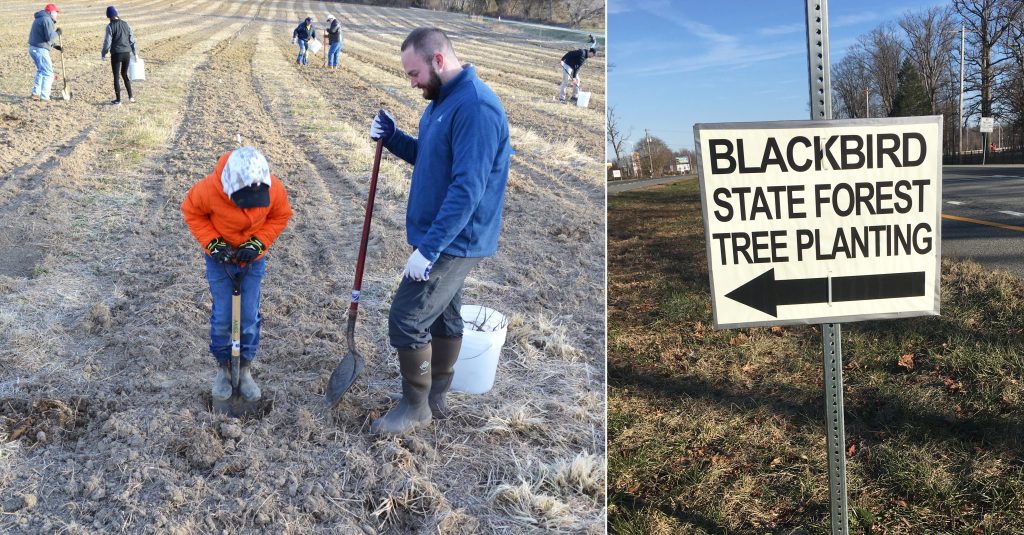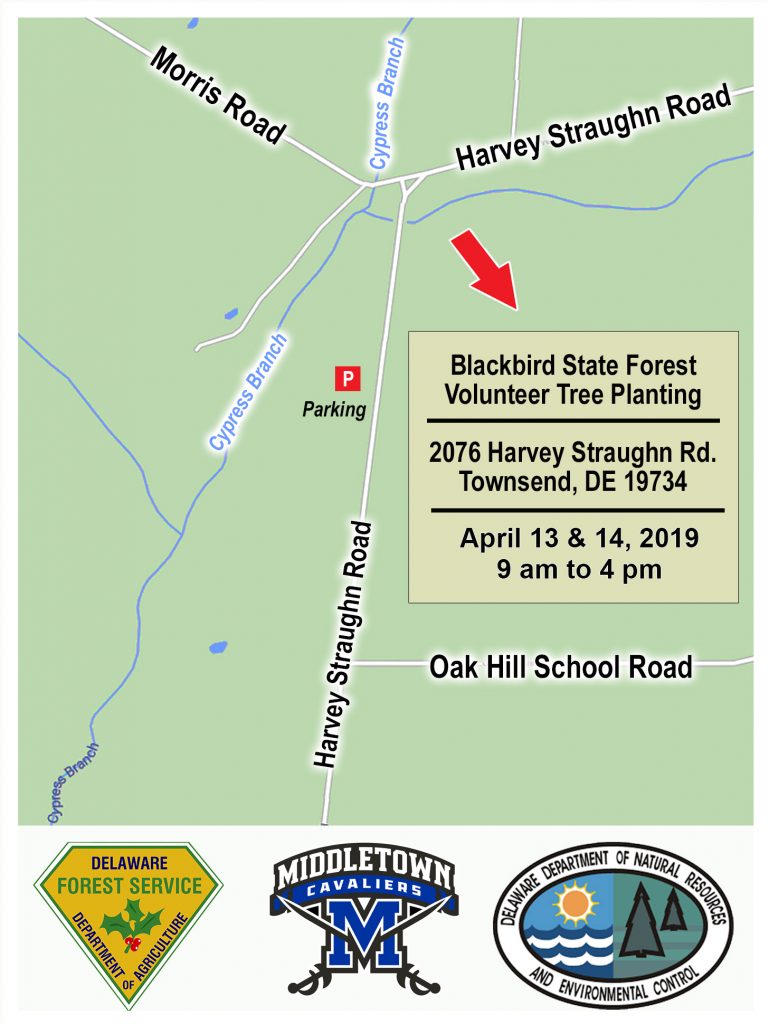Living shorelines use natural materials like native plants, oyster shells, and biodegradable coconut-fiber coir logs to help protect property and as a barrier against shoreline erosion and flood impacts /DNREC photo
The Delaware Department of Natural Resources and Environmental Control will host a free webinar Wednesday, Feb. 28 to introduce property owners to DNREC’s Living Shoreline Cost Share Program, which provides funding that can help Delawareans in selected watersheds install living shorelines using natural materials. The hour-long webinar begins at 10 a.m. and registration can be made up to the start of the webinar presented by the DNREC Division of Watershed Stewardship in conjunction with the Delaware Living Shorelines Committee.
The webinar speaker is Kayla Clauson, an environmental scientist with DNREC’s Division of Watershed Stewardship, who will provide an overview of the cost share program and discuss how the program aims to assist property owners in select watersheds throughout the state by providing funding to install living shorelines using natural materials. The webinar will highlight the specific project criteria, a timeline of how the program works, financial reimbursement, and as well as provide insight to both landowners and professionals looking to apply for the program.
The Living Shoreline Cost Share program was relaunched in 2023 and expanded to help enable landowners, homeowners’ associations and community boards who qualify join the growing number of Delawareans who are turning to living shorelines to help protect their property in watersheds throughout the state from environmental impacts of climate change and sea level rise.
Living shorelines utilize natural materials like native plants, oyster shells, and biodegradable coconut-fiber coir logs as a barrier against shoreline erosion and flood impacts. Living shorelines also enhance the natural beauty of shoreline ecosystems. The webinar will offer insights into the Living Shoreline Cost Share Program for both landowners and professionals looking to apply for program assistance, summarizing details on project criteria, timelines for installation, and financial reimbursement.
Eligible living shoreline project areas are located within targeted watersheds. Currently, only tidal projects in these watersheds will be considered for cost share assistance. Groups of landowners, HOAs, or community boards are also encouraged to apply for assistance with projects where properties may be adjacent to each other or in shared neighborhood spaces. Learn more at de.gov/livingshoreline.
The webinar also will explain that funding for the Living Shoreline Cost Share Program comes from a collaborative DNREC effort between the Watershed Assessment and Management Section and the Non-Point Source Program for securing funding, specifically the CWA Section 319 Nonpoint Source Pollution Grant and the Chesapeake Bay Implementation Grant III. Information about both also can be found at de.gov/cheswip.
About DNREC
The Delaware Department of Natural Resources and Environmental Control protects and manages the state’s natural resources, protects public health, provides outdoor recreational opportunities and educates Delawareans about the environment. The DNREC Division of Watershed Stewardship develops and implements innovative watershed assessment, monitoring and implementation activities. For more information, visit the website and connect with @DelawareDNREC on Facebook, Instagram, X (formerly known as Twitter) or LinkedIn.
Media Contacts: Joanna Wilson, joanna.wilson@delaware.gov; Michael Globetti, michael.globetti@delaware.gov
###

